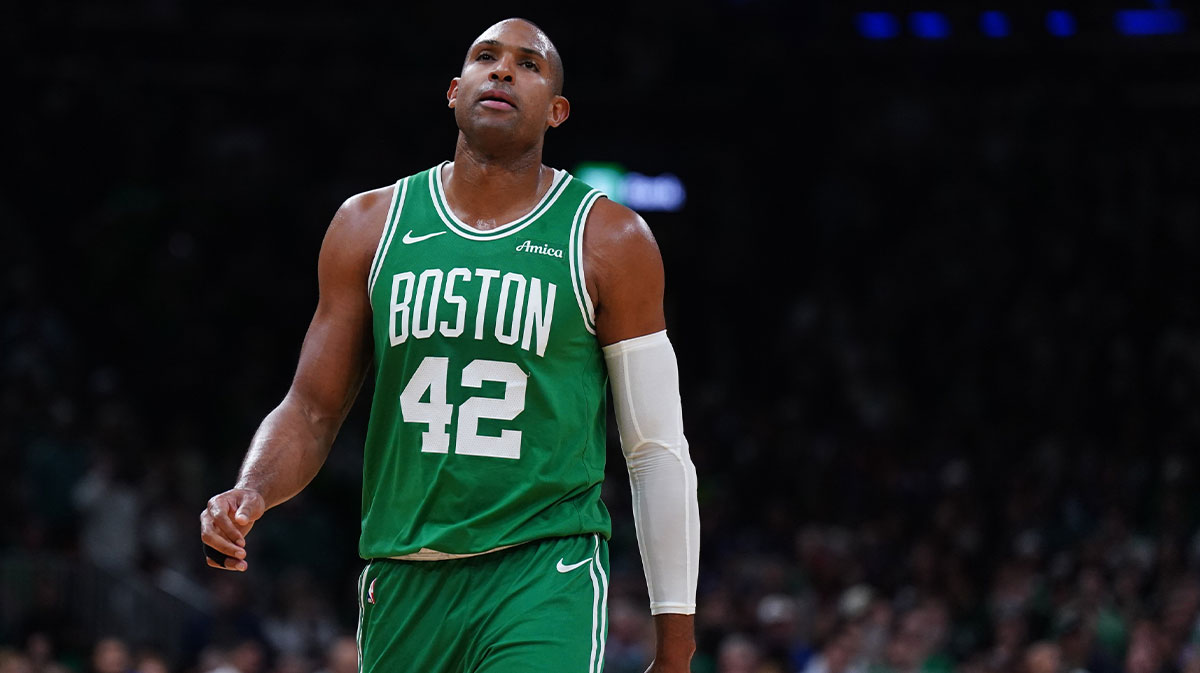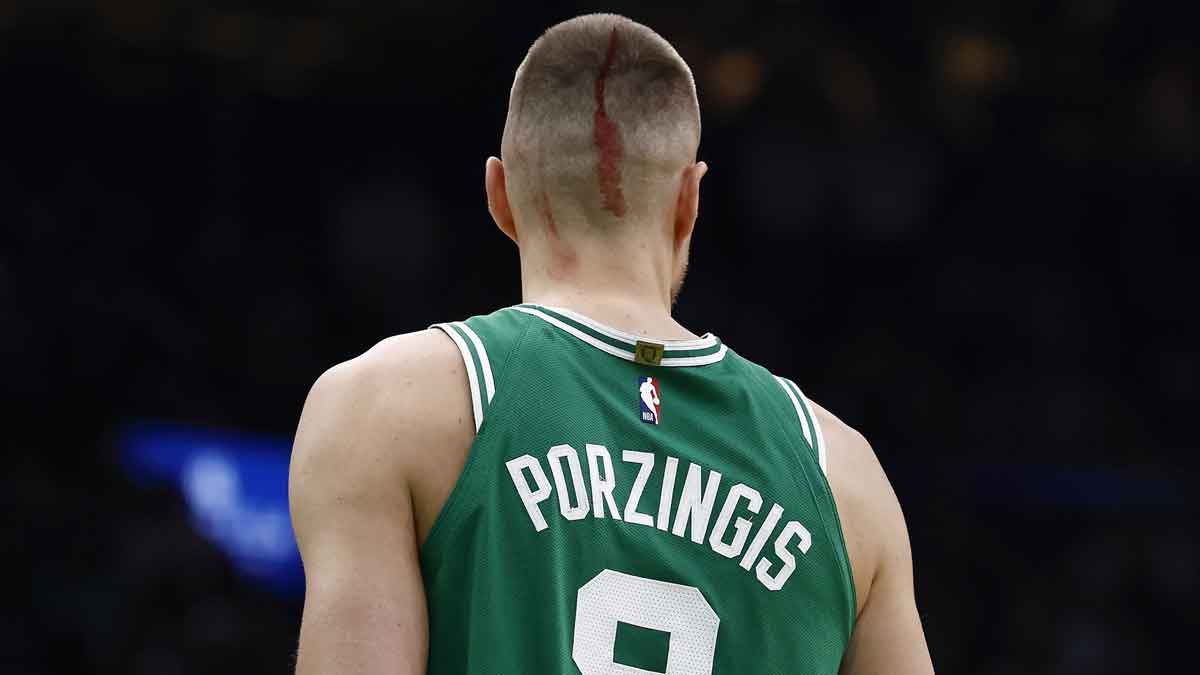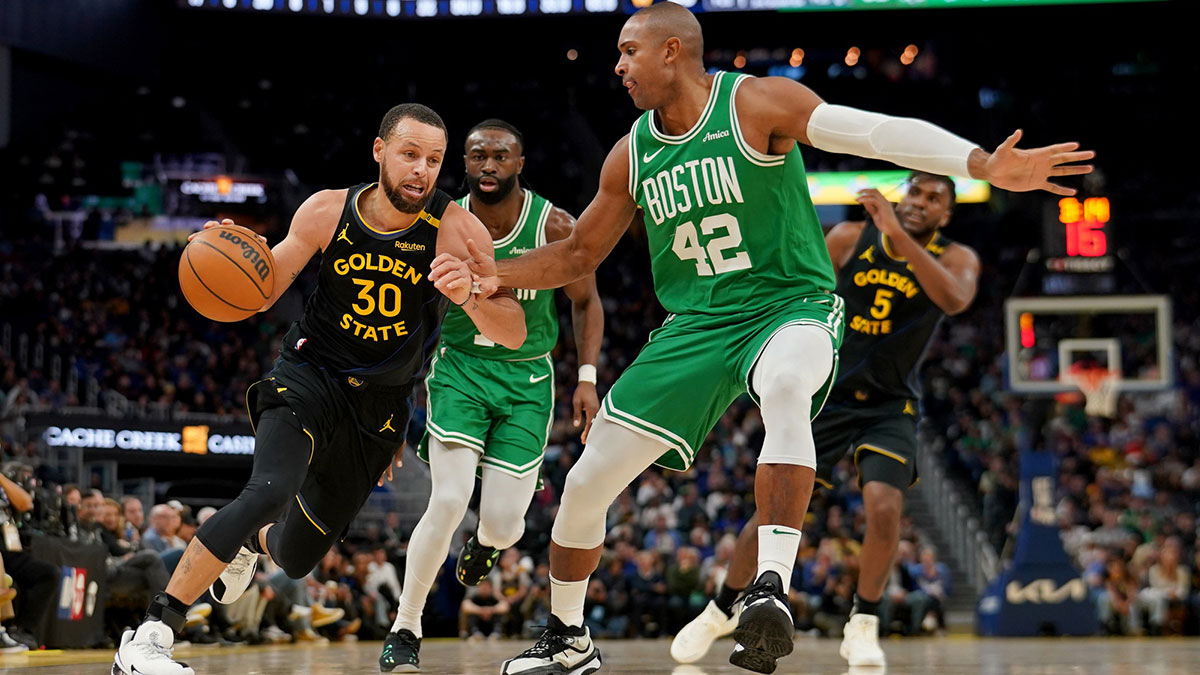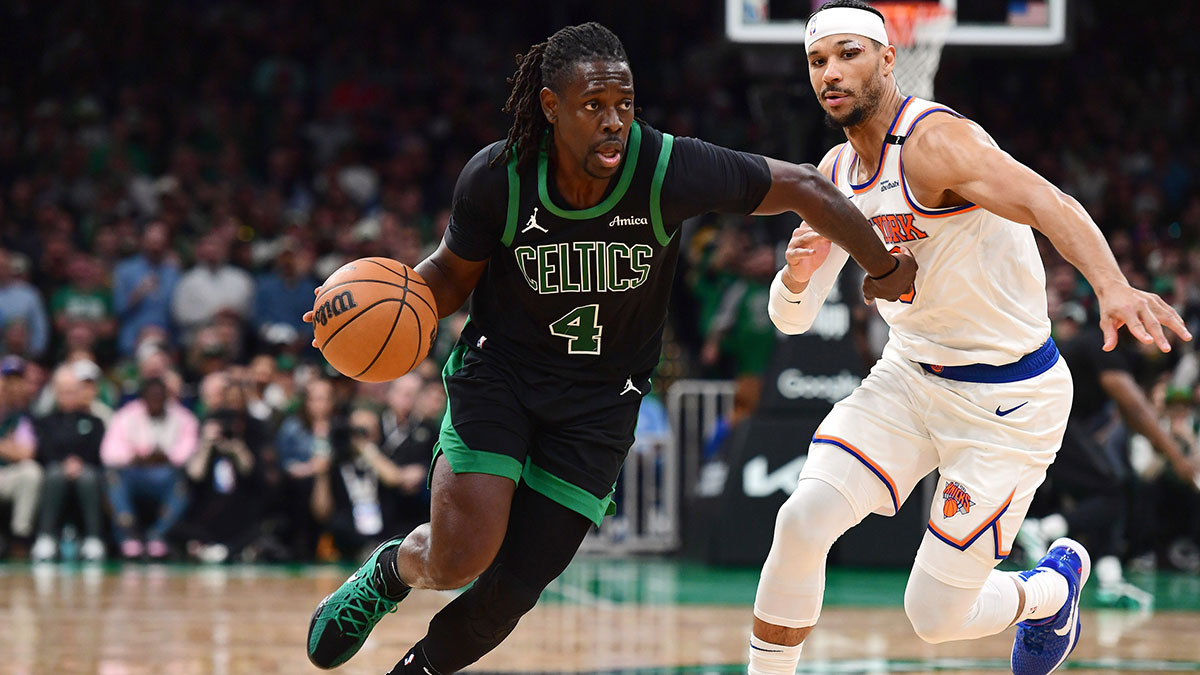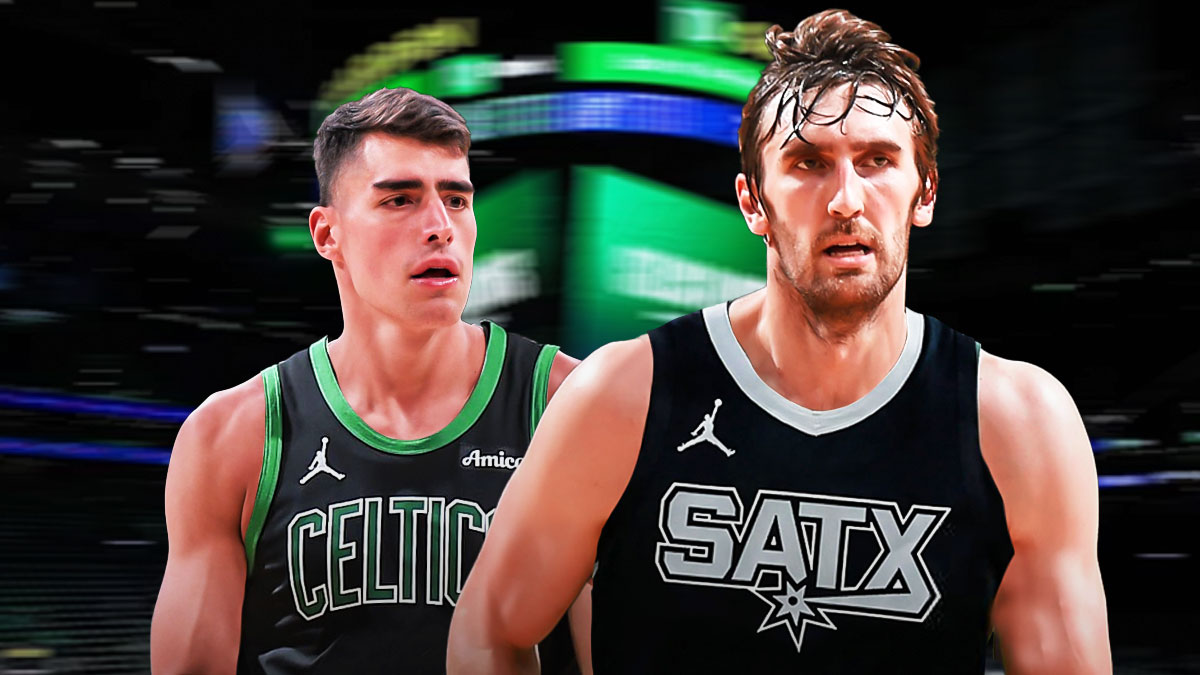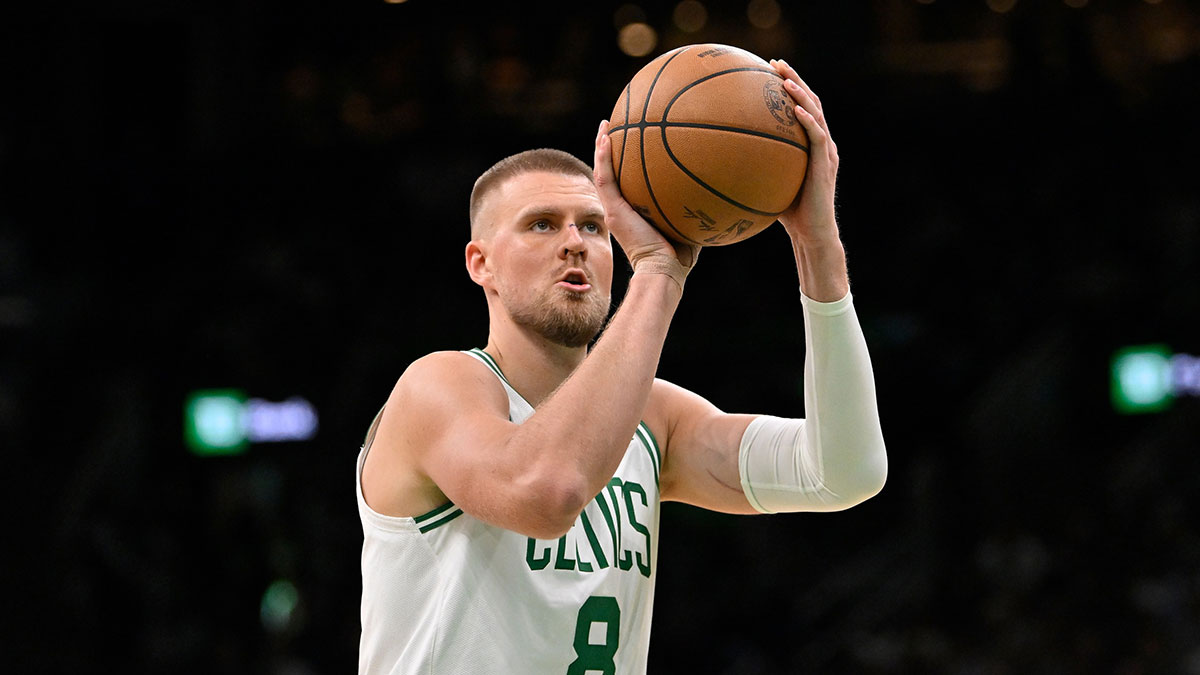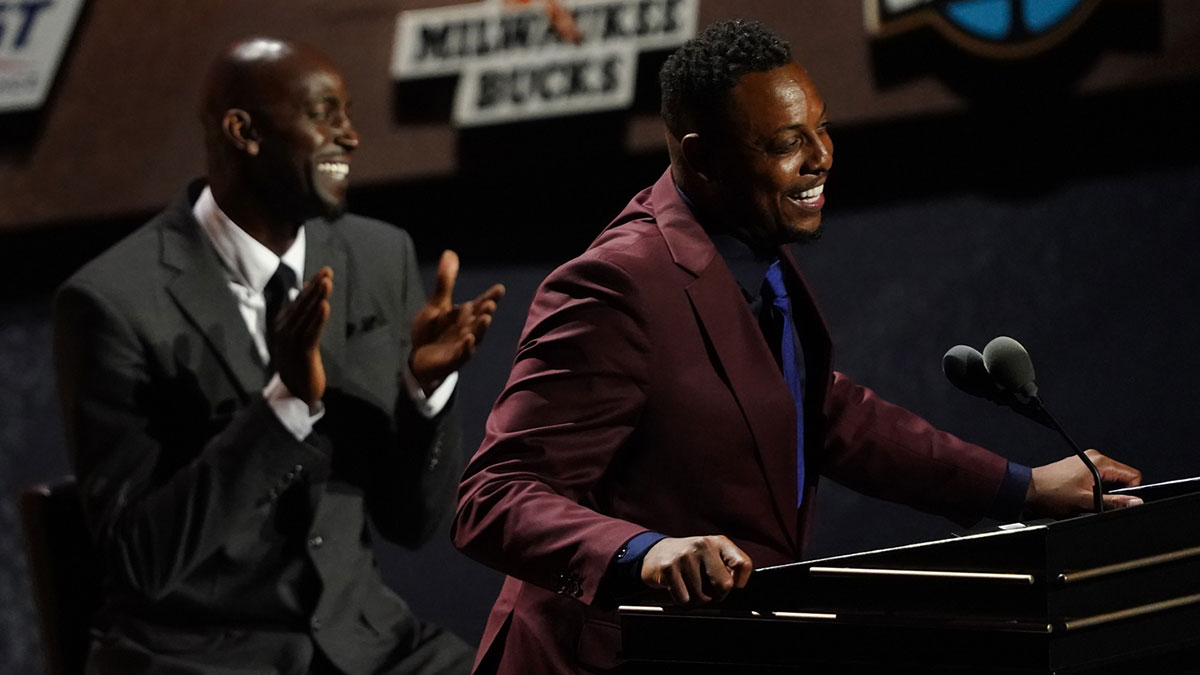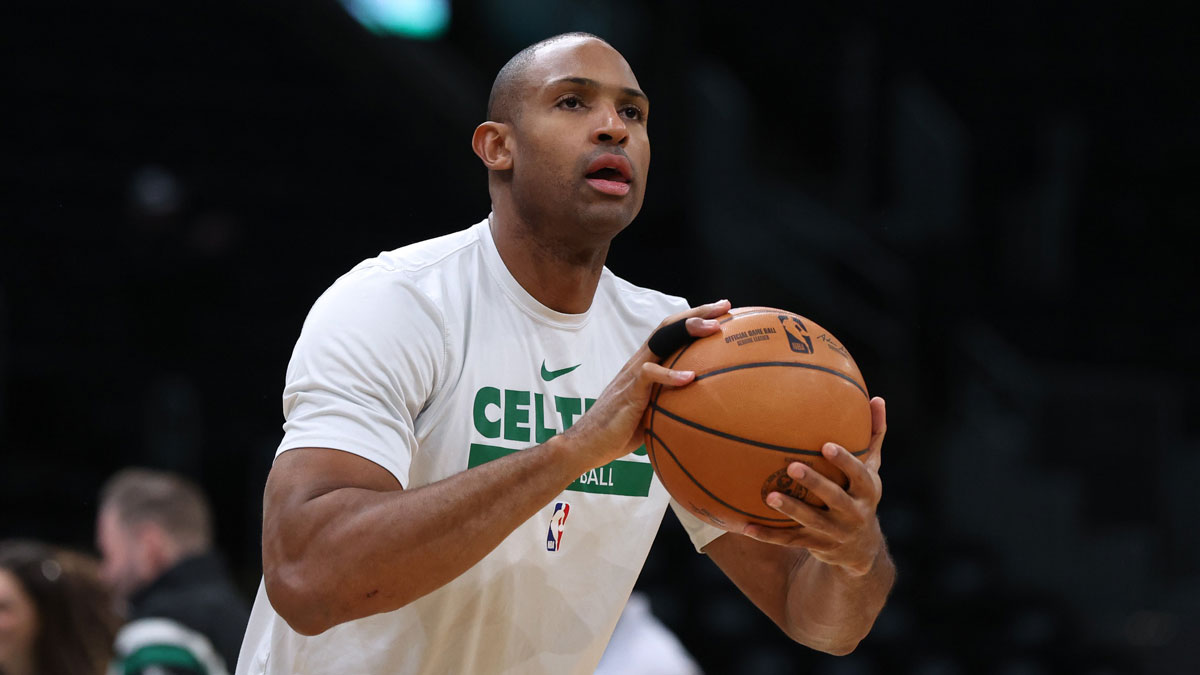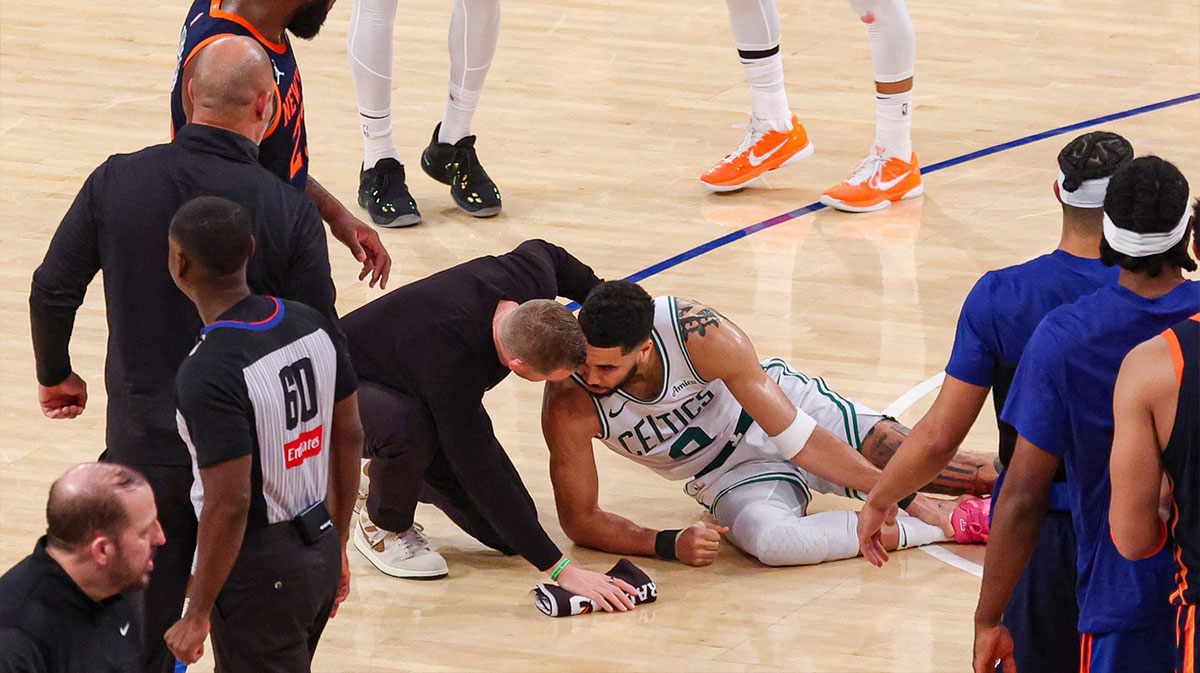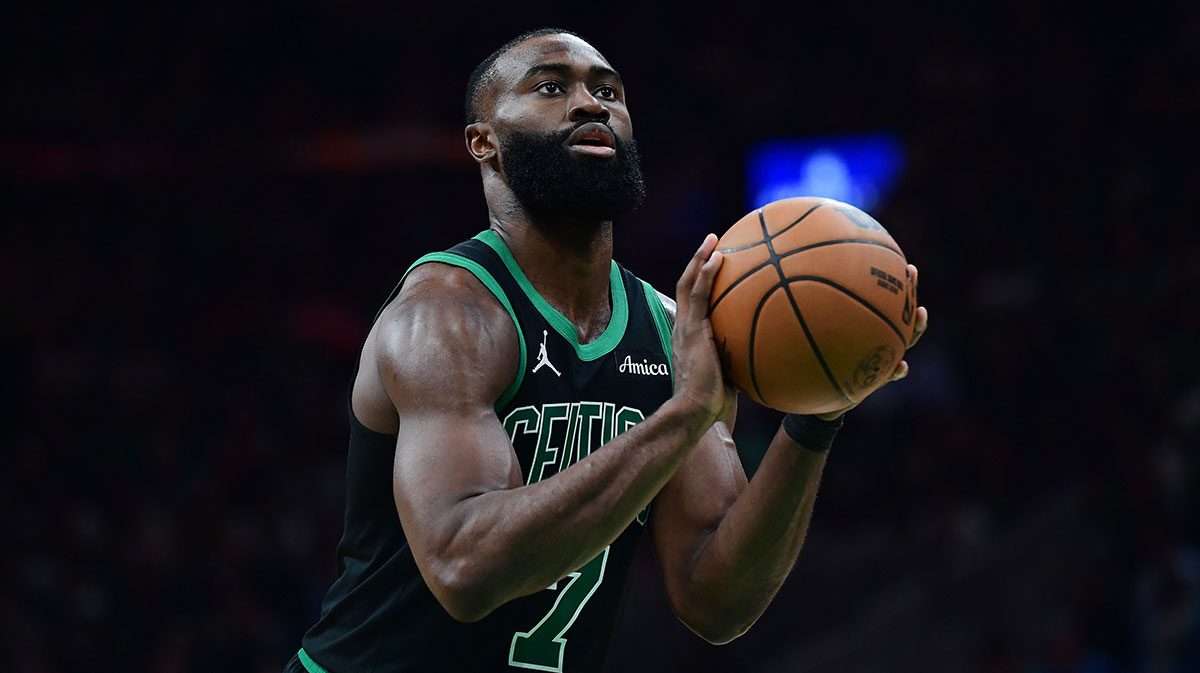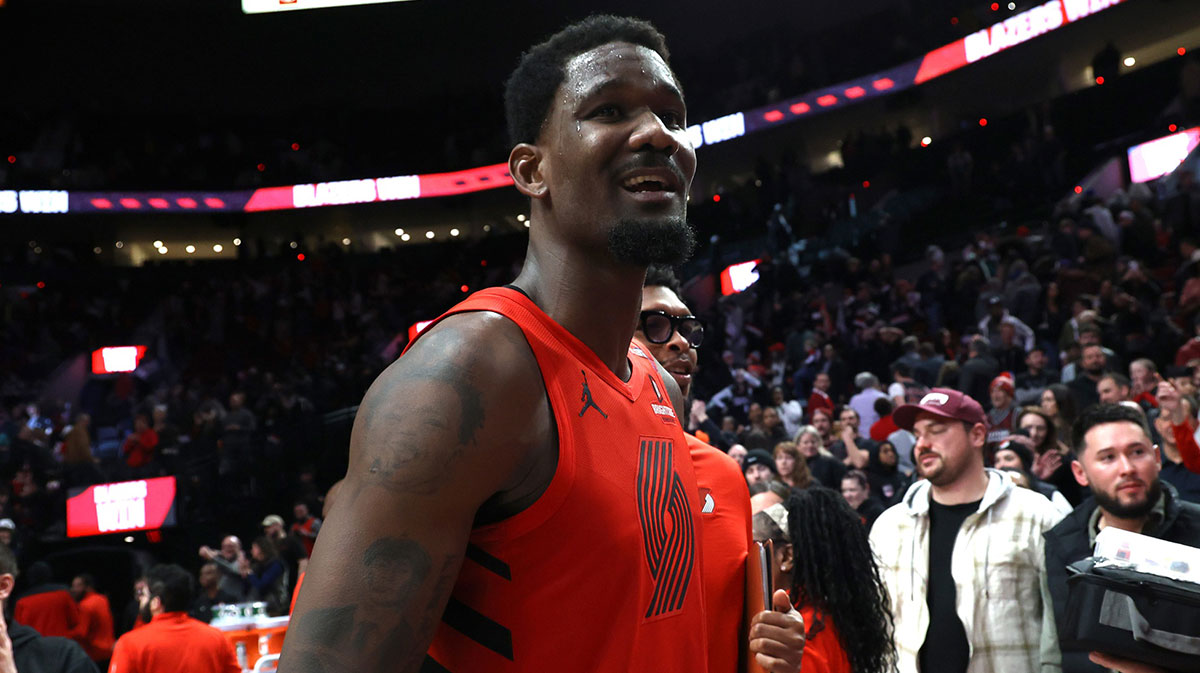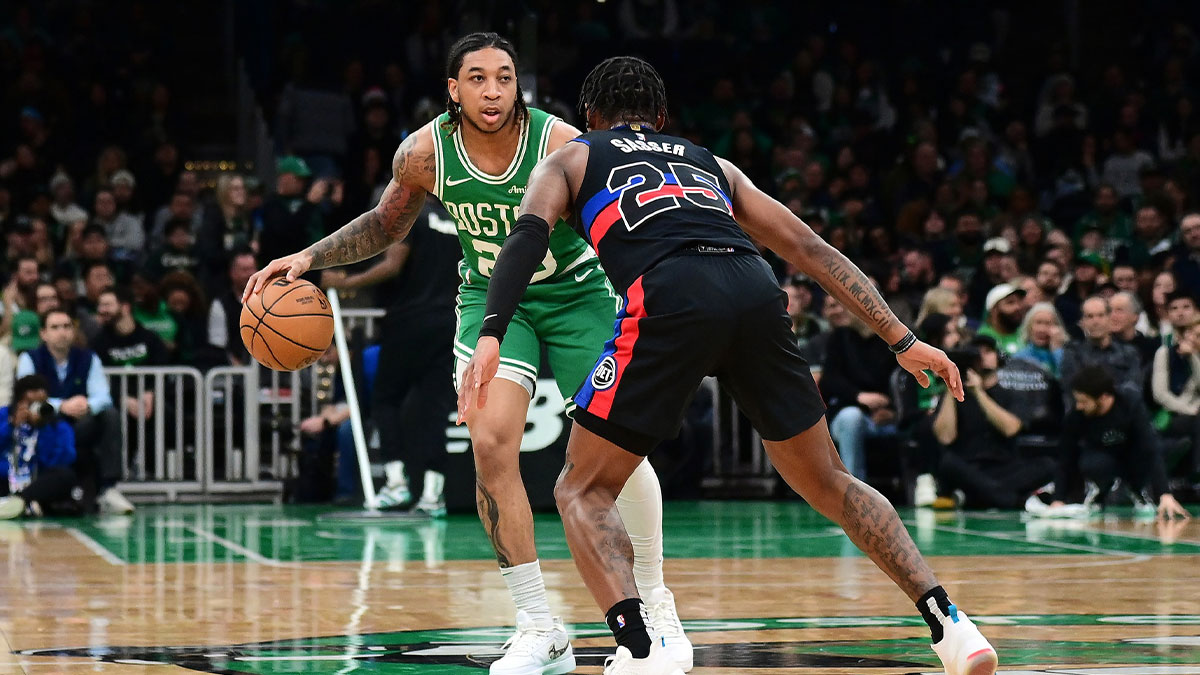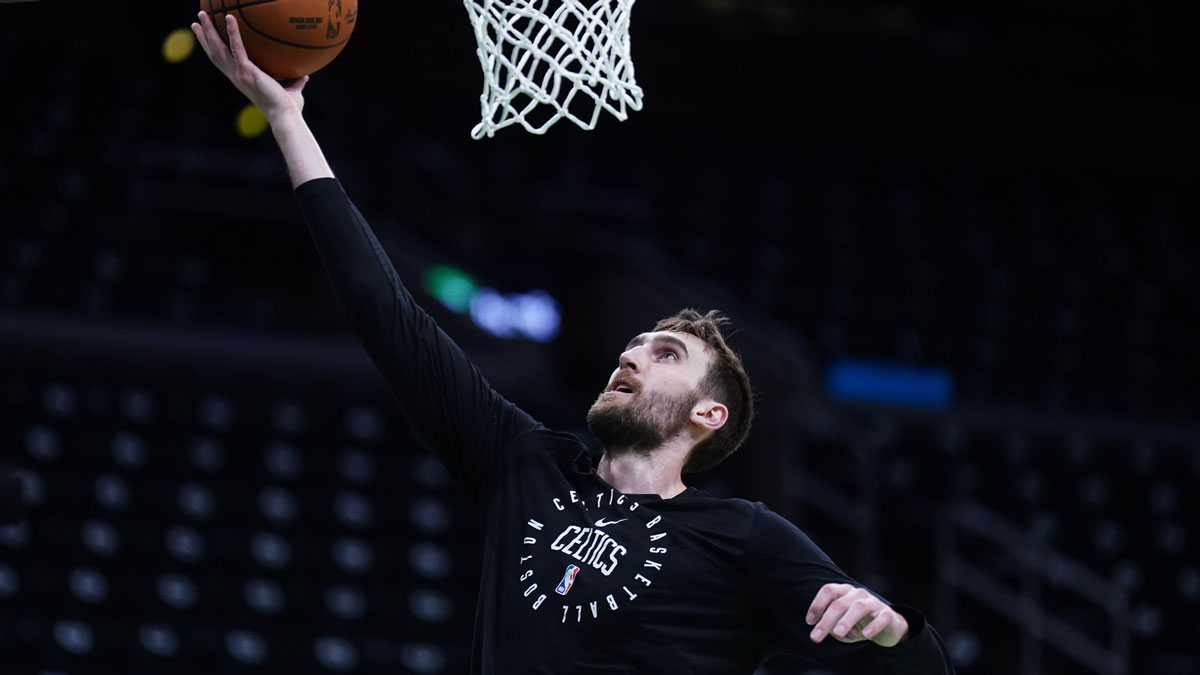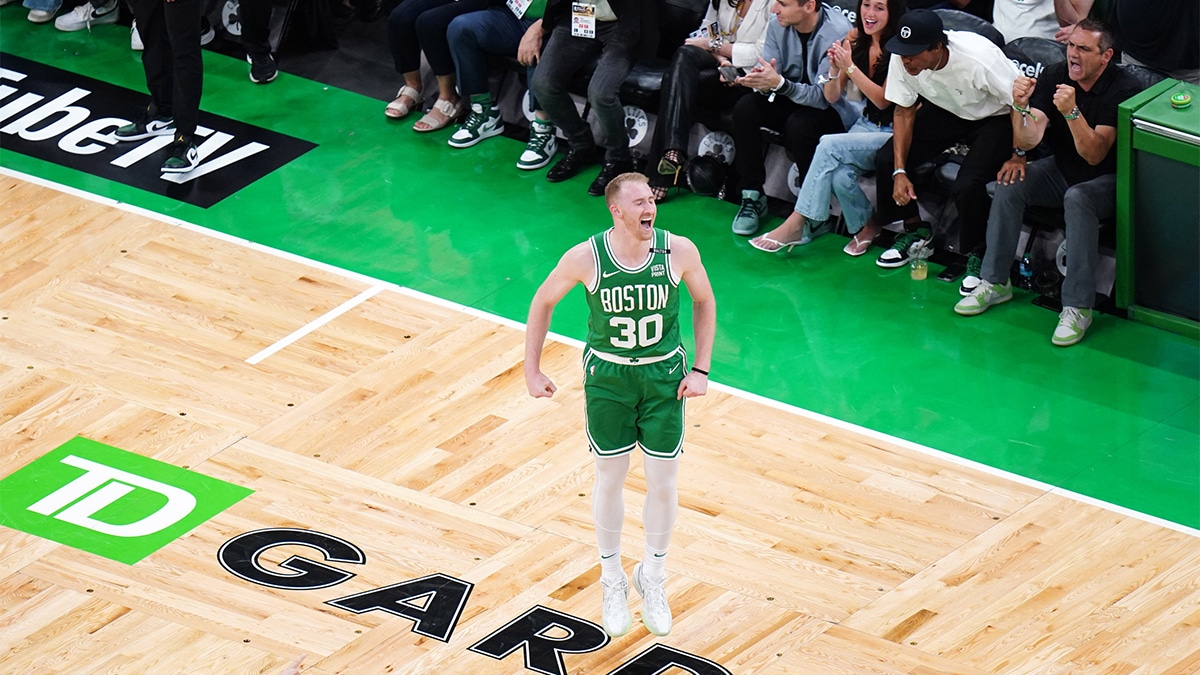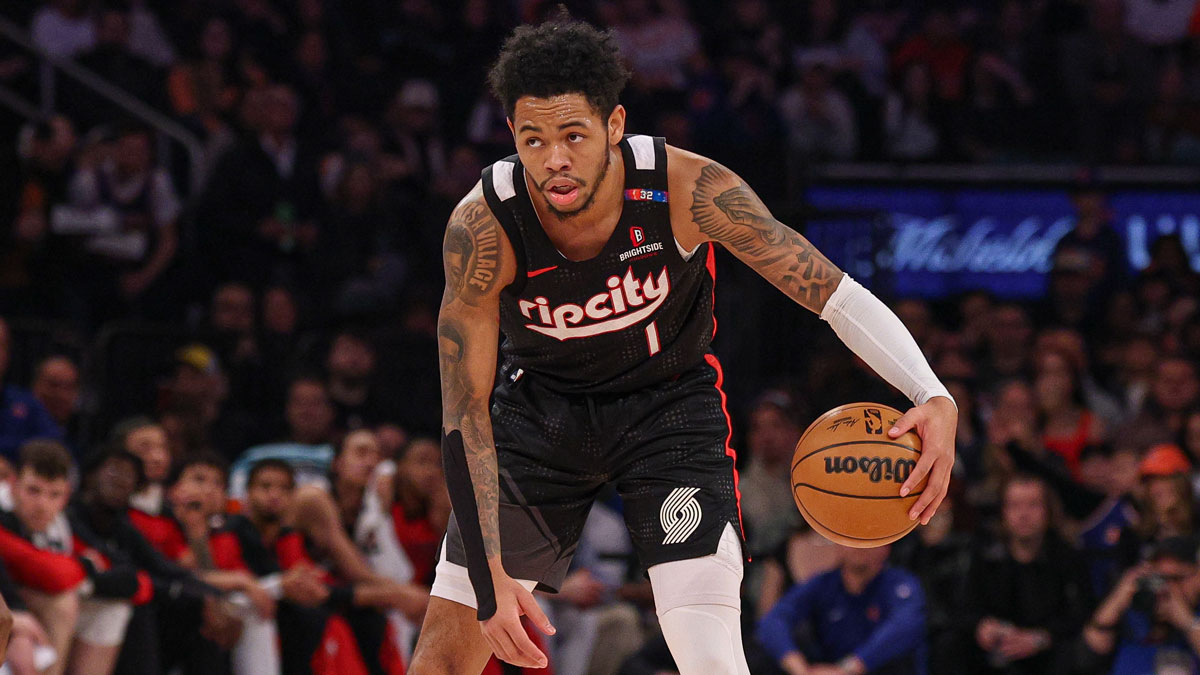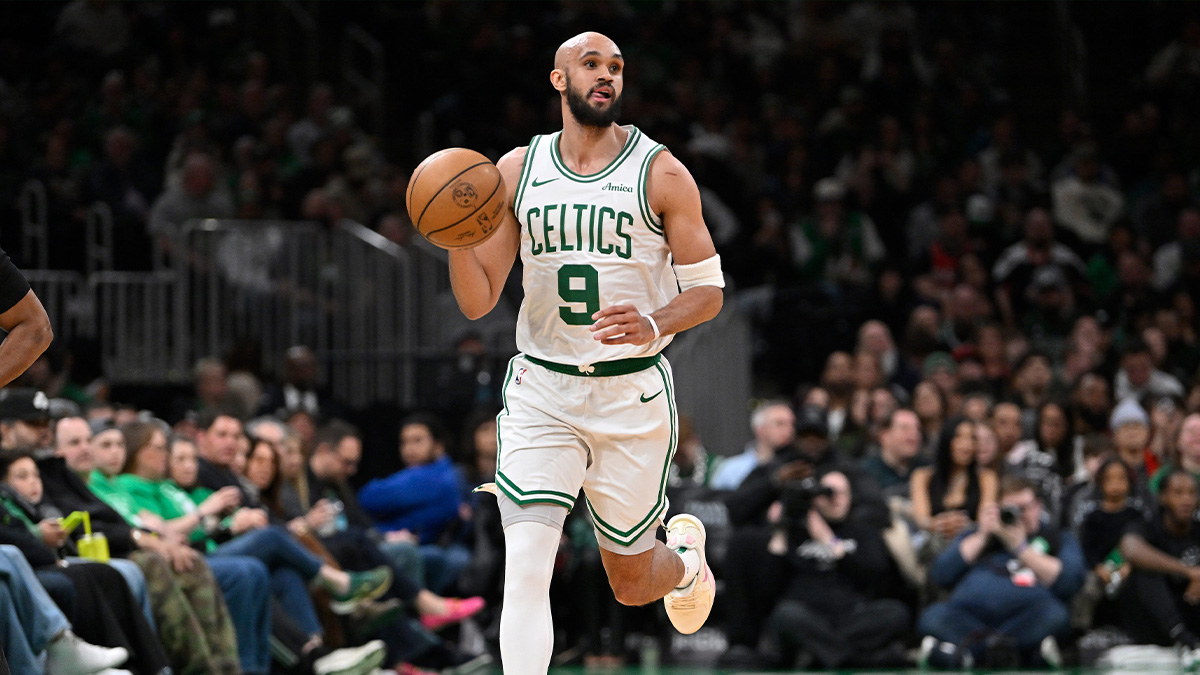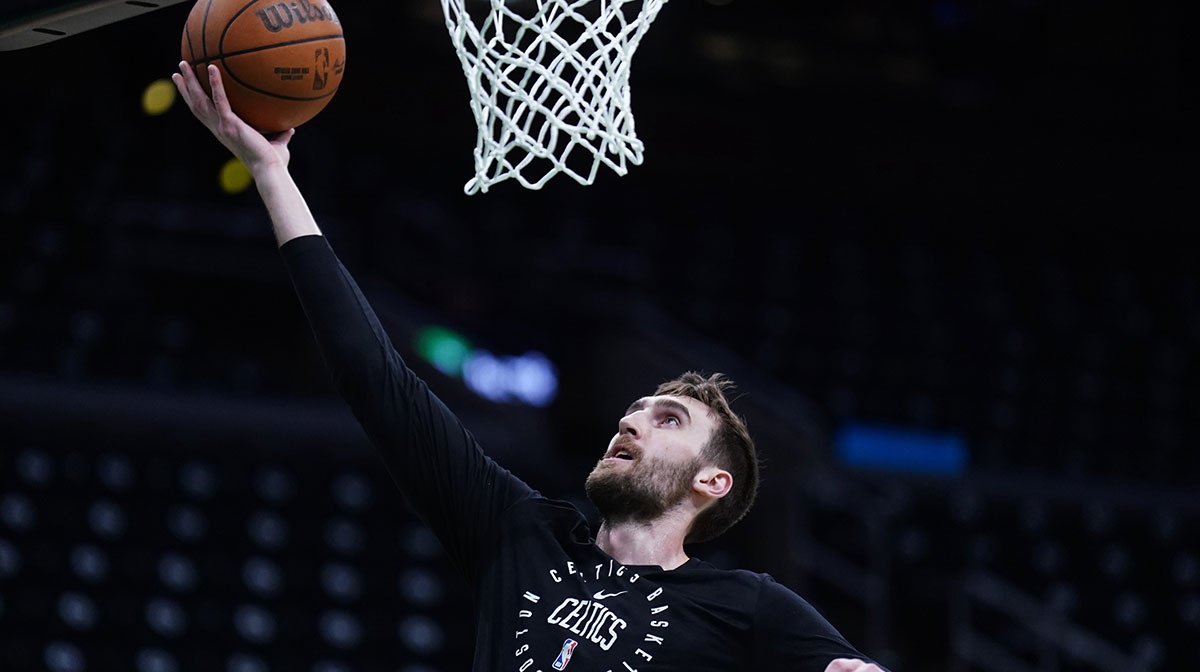The Boston Celtics entered this season with high expectations. They traded Isaiah Thomas for Kyrie Irving. Gordon Hayward was the shiny-yet-familiar new toy brought in to raise the ceiling. Add solid depth, intriguing young pieces, and an elite coach, and many expected Boston to eclipse 50 wins with room for more growth.
Not even 10 minutes into the season, those expectations mostly went out the window. Hayward suffered a brutal leg injury in the first quarter of the opener, shifting the national perception of the team from “maybe they can contend” to “welp, hope they can make the playoffs.” To Boston's credit, they never fed into that. Their resiliency shone through all year; because of it, they were able to stay among the East's elite despite the injury bug constantly biting them.
Irving put together a strong (offensive) season before having it cut short with knee surgery. Rookie forward Jayson Tatum set the league ablaze with his outlier-level three-point shooting (for a rookie, anyway), and showed enough versatility to make a top-15 ceiling down the road sound conservative. Jaylen Brown got after it on both ends, his second-year leap being oddly reminiscent of a certain disgruntled small forward in San Antonio. And then there was Al Horford holding down the fort, a basketball chameleon defenses didn't really have an answer for.
Of course, there was more. Marcus Morris swung games with timely mid-post brutality and switch-y defense; Terry Rozier became a household name with his fearless play and embarrassment of Eric Bledsoe; Aron Baynes bumped and grinded his way into a key role, then started hitting corner threes out of the blue. The Celtics got a little something from everyone and rode that egalitarian style within one game of the NBA Finals.
The question now becomes: where do they go from here? With the draft over with, the Celtics are primed to make some summer improvements on the free agent or trade market. Chipping in with some Celtics commentary is Samantha May (@MsSamanthaMay). Not only does she run her own blog, she's also the creator of Boston Speaks, a basketball camp for children with special needs.
Here are three keys to Boston making the leap from conference contender to title contender.
Step one: Go star-hunting

Thanks to their mix of young talent and draft capital, Boston's name will always appear in conversations involving stars potentially moving. We've seen it with LeBron James, who will reportedly take a meeting with Boston over the summer. A Kawhi Leonard acquisition isn't out of the realm of possibility if Boston chooses to go for it.
Of course, there's a strong argument to be made Boston should just stand pat. They were a game away — and enough wide-open bricks from three to make the Houston Rockets cringe — from making the Finals without Irving or Hayward. Just adding those two back into the mix should be enough to pencil them in as next year's representatives in the East, even if LeBron decides to stay in Cleveland.
Still, it's only right for them to do their due diligence. If there's a chance to land LeBron, Boston should throw their hats in the ring, though May disagrees:
I know he's the best player in the world. I know that could be an instant title, but I really don't care. Boston just got to a Game 7 in the Eastern Conference Finals against him without Kyrie or Hayward. That's huge. I would rather beat him than have him join Boston.
That may sound silly to some — the easy rebuttal is, “Of course you add the best player alive if he's available. You don't get browny points for beating him.” However, I think there's merit to not wanting him. Boston has cultivated a special culture in Brad Stevens' tenure and now they're on the brink of greatness. It's completely understandable that the “other stuff” in LeBron's package — the passive aggressiveness and his need to flex his muscle within an organization (deserved or otherwise) — would turn some people off.
The case of Kawhi Leonard is interesting. Aside from health concerns, it would come down to San Antonio's asking price: do they want to kick off the rebuild with youth and picks, or do they want more win-now pieces?
For the former, Boston would probably have to part with two of Tatum, Brown, or Rozier. Tatum figures to be untouchable, leaving the other two, plus whatever combination of picks Boston is willing to send.
With the latter, Boston could, in theory, dangle Irving or Hayward in addition to picks. The optics for trading Hayward wouldn't be great. Aside from trading him after suffering a gruesome injury, doing so the year after they shipped out Isaiah Thomas would make them look a little funny in the light. Trading Irving coming off surgery wouldn't be as bad as the Hayward scenario, but it'd still be odd. But if they don't mind moving him, and the rumbles of Irving having interest in New York next summer have any merit, turning Irving into an elite two-way wing seems like a great idea.
I don't have a horse in this race, but the prospect of closing games with Kawhi, Hayward, Brown, Tatum, and Horford is absolute flames. This probably doesn't happen, but Boston clearly has options if they choose to pursue a star.
Solve the point guard situation

On a smaller front, the Celtics have some decisions to make at point guard.
Rozier started the season as one of the better backup point guards in the league. When Irving went down, Rozier stepped in and proved he had some starting chops. In 16 starts, he averaged 15.6 points, 6.4 rebounds, 5.1 assists, and 1.2 steals, though his true shooting percentage was an underwheLming 50.1. He raised his game in the playoffs, averaging 17-5-6 with a 53.8 true shooting percentage. He ended his postseason run on a sour note, going ice-cold from deep, but Rozier put his name on the map.
On the other end of the spectrum is Marcus Smart, one of the oddest, most valuable role players in the league. Smart's shooting woes have been well publicized; his finishing woes are less publicized (career 52.7 percent inside of three feet) but are equally problematic. Yet, Boston's offense runs better when he's on the floor due to his ability to make reads in pick-and-roll and apply pressure on defenses — even if he isn't a scoring threat. Defensively, he's a smidgen below Draymond Green in the versatility hierarchy. He credibly defends 1-5, and makes momentum-shifting hustle plays.
It's unlikely Boston will be able to pay both players. Smart hits the restricted free agent market this summer and Rozier will get his turn during the next one. One of those guys will be moved sooner than later. May thinks it should be Rozier:
If it was up to me, I'd keep Smart. His defensive pressure and presence are game changing. Despite his size, he's able to defend all five positions and make crucial hustle plays when needed. He has his offensive flaws, but Boston can make up for that with others on the roster. Rozier, in my opinion, deserves a starting point guard position somewhere. I'd rather Boston look to trade him now while his value is at its highest.
It's hard to argue against that rationale. There are teams — Phoenix, Chicago, Orlando for starters — that could definitely use an upgrade at point guard and may be willing to part with a first rounder for a guy like Rozier. For all the shortcomings of Smart, you can't overstate how important he is to Boston's defense, or to the locker room. Much like Green in Golden State, Smart is the emotional leader in Boston. Allowing him to leave in free agency, or flipping him in a sign-and-trade could hurt them more than the numbers may indicate.
Solidify the center rotation

Last year, the Celtics mostly shuffled between Horford and Baynes at the 5 spot. Boston added Greg Monroe on the buyout market, but he was mostly a disaster in a bench role. It's hard to believe Monroe will be back, especially after Boston selected Robert Williams in this year's draft. Still, Boston may be on the lookout for a stop-gap starter at center.
Baynes is an unrestricted free agent this summer, though May believes he should be back. She notes he’s a “huge presence in the paint who takes the more physical assignments so Horford doesn't have to.” Offensively, Horford was able to roam the perimeter as a facilitator or shooter while Baynes did the dirty work underneath.
Their contrasting styles on both ends made them a dynamic duo; they posted a plus-13.0 net rating in 863 regular season minutes. They were a slight negative in the playoffs (minus-1.1 net rating), but that's understandable due to the match-up hunting nature of the postseason.
Bringing back Baynes would be a smart play if the money makes sense (or cents). Throwing Williams into the fire is an option. Freshly-waived big man Dwight Howard is available and the Celtics are expected to at least make a run at him. Locker room questions (and money) may ultimately push them away, but Boston should be in the mix. Whether it's running it back or signing someone knew, Boston shouldn't have much issue of filling that void.

